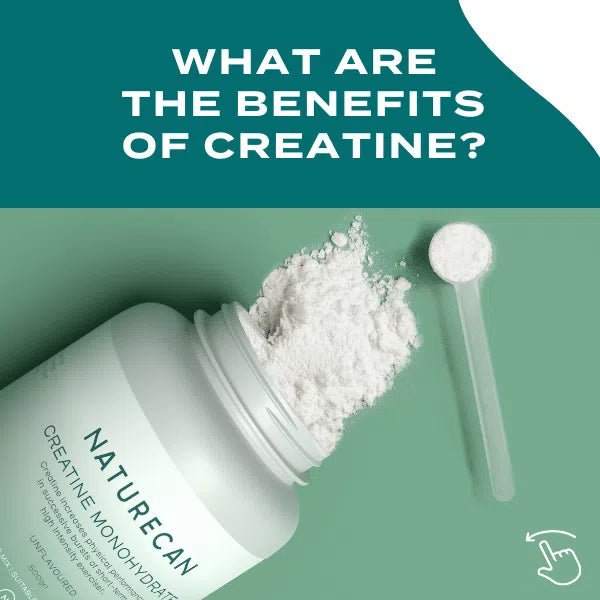More About Creatine Monohydrate
Table of ContentsA Biased View of Creatine MonohydrateThe Facts About Creatine Monohydrate UncoveredThe Only Guide for Creatine Monohydrate
The essential takeaway is that An interesting methodical evaluation concluded a negative relationship in between creatine monohydrate supplementation and VO2 max. The writers recognize a threat of bias with the study layouts due to a demand for more clarity over randomization with almost all researches consisted of. Just three of the nineteen research studies completely detailed the evaluation of VO2 max - Creatine Monohydrate.
If weight gain through fluid retention is a concern, quit taking creatine 1-2 weeks prior to racing to counter liquid retention while retaining boosted creatine stores. Some individuals experience stomach discomfort when taking creatine, such as bloating, cramping, or looseness of the bowels.
It's advised to visit site use it in powder type. Problems regarding the long-lasting impacts of creatine monohydrate supplements on kidney helpful resources (kidney) function have actually been elevated.
Creatine Monohydrate Things To Know Before You Buy
None of the studies checked out triathletes. The negative impacts reported in the research studies associated with weight gain. As mentioned, many of the research studies used a higher-dose loading protocol (20g+/ day) in a brief duration that might be balanced out and prevented through a reduced dosage (such as 5g/day) for an extensive period.

Allow's look at the main benefits of creatine monohydrate. There is solid, reputable study showing visit their website that creatine boosts health.
The bulk of creatine is kept in the skeletal muscle mass in a type known
as phosphocreatine, or creatine phosphate. Creatine aids in the production of adenosine triphosphate, or ATP. Also if they never ever raised a barbell, they 'd still benefit from creatine supplements.